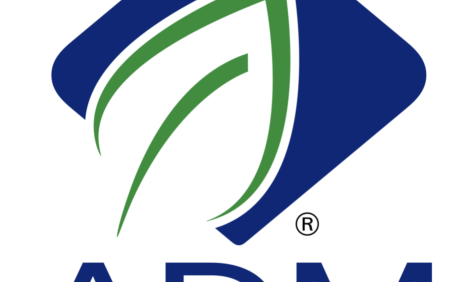



Alberta Swine Herd Investigated for H1N1 Flu Virus
CANADA - On 2 May, the Canadian Food Inspection Agency (CFIA) has indicated that it has found H1N1 flu virus in a swine herd in Alberta. However, the safety of the food supply is not affected.It is highly probable that the pigs were exposed to the virus from a Canadian who had recently returned from Mexico and had been exhibiting flu-like symptoms. Signs of illness were subsequently observed in the pigs. The individual has recovered and all of the pigs are recovering or have recovered.
While further testing is needed to more fully characterize the virus, the CFIA is taking a precautionary approach. The herd has been placed under quarantine, and the Agency is working with public health colleagues to determine the most appropriate next steps to ensure that public and animal health remain protected. The chance that these pigs could transfer virus to a person is remote.
Pigs in Canada are tested for influenza viruses on an ongoing basis across the country during routine investigations into respiratory illnesses. The CFIA is working with provinces, territories, the swine industry, and private sector veterinarians since April 24th to enhance monitoring of swine herds for signs of illness and to maintain enhanced biosecurity measures on farms across the country.
OIE Comments on H1N1 Findings
According to OIE regulations this event (H1N1 flu outbreak) has the status of emerging disease and Canada is preparing an official notification to the OIE.
The OIE is waiting for the results of scientific experiments aimed to determine the susceptibility of different animal species vs the "A/H1N1" isolated in infected humans. This information is awaited within the following days and will be published as soon as available.
All previous recommendations made by the OIE before this event in pigs in Canada remain valid, including the implementation by Veterinary Services of biosecurity measures to protect animals from human infections as well as strengthening relevant animal surveillance.
Statement by USDA Secretary Vilsack on the Matter
"I received word this afternoon that Canadian Food Inspection Agency (CFIA) officials have tentatively confirmed that swine from a herd in Alberta, Canada, have tested positive for the H1N1 strain currently causing illness in humans. A Canadian carpenter who had been in Mexico, upon return, was exhibiting flu-like symptoms, did work on the Alberta farm, and subsequently the family and swine on the farm became ill," Secretary Vilsack said.
Additional details about the Alberta situation are that no sick swine have left the farm, and the animals and premises have been quarantined. The swine and humans are recovering and appear healthy. Secretary Vilsack said they are working closely with their CFIA counterparts to be kept abreast of the situation, and will await the final confirmatory test results, which could take anywhere from 5 days to 2 weeks. "Canada has handled this situation appropriately and taken the necessary steps and precautions," Secretary Vilsack said.
"Here in the United States, the US Department of Agriculture is actively working to develop an H1N1 vaccine for swine, just as the CDC is doing for humans. It is standard operating procedure at the USDA to send any unusual virus, such as the H1N1 virus, detected through our surveillance network to our labs in Ames, Iowa. Our scientists routinely diagnose animal diseases and develop vaccines to protect livestock and poultry in the United States," concluded Secretary Vilsack.







